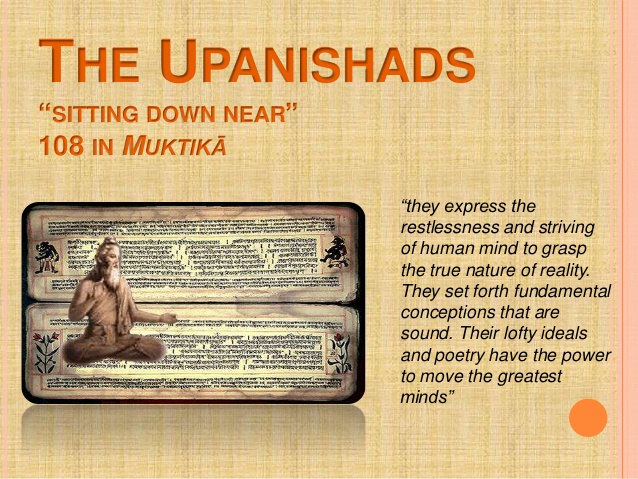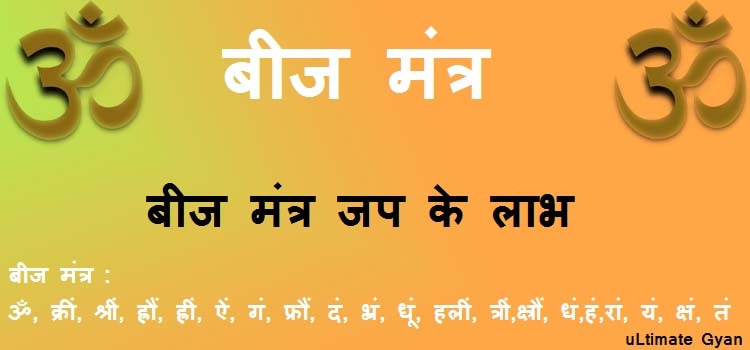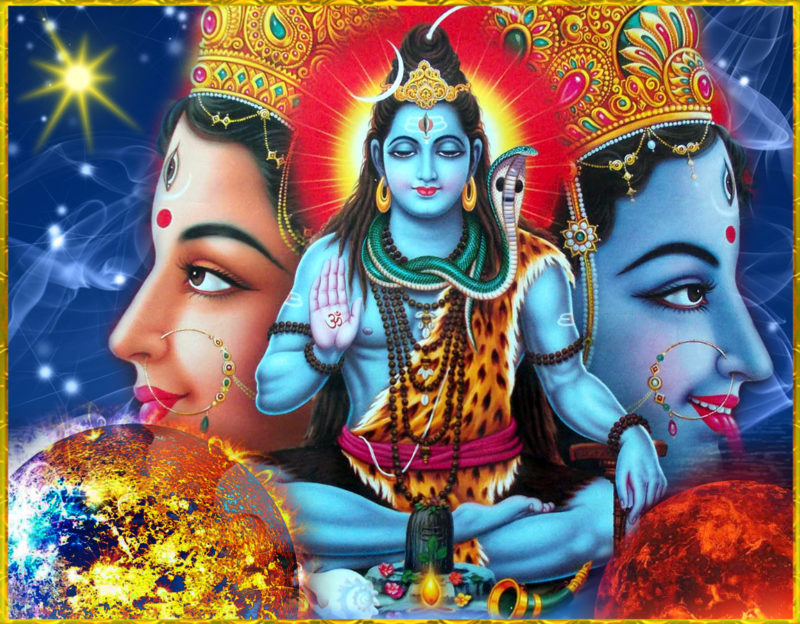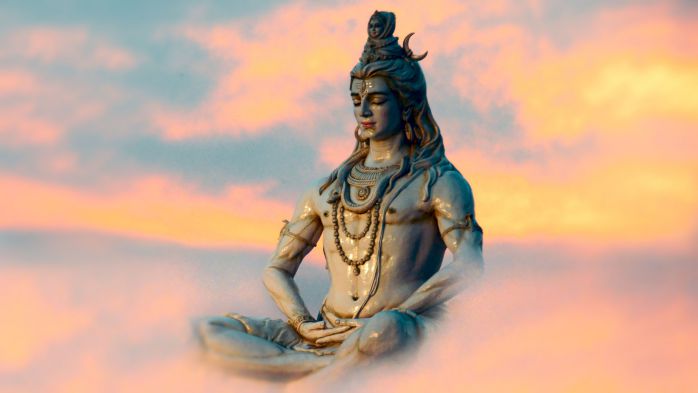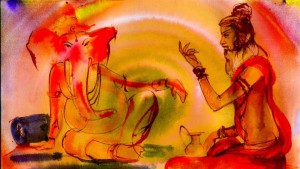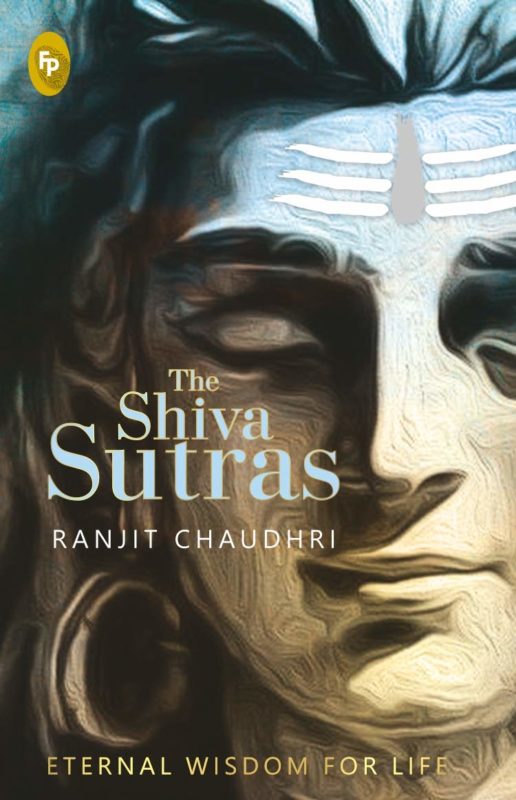Ancient Indian Literature, Ancient Indian Science, Daily Life and Practices, Hinduism, Interesting Hindu Mythology Stories, Sanskrit Texts, Spirituality, Vedic Philosophy, Vedic Practices
Upanishads – Details, List of 108 Upanishads and their Classifications
The Upanishads are Hindu philosophical works written in late Vedic Sanskrit that served as the foundation for subsequent Hindu philosophy. They are the most recent section of the Vedas, Hinduism’s oldest texts, and deal with meditation, philosophy, consciousness, and ontological knowledge; older sections deal with mantras, benedictions, rites, ceremonies, and sacrifices. The Upanishads describe a […]

